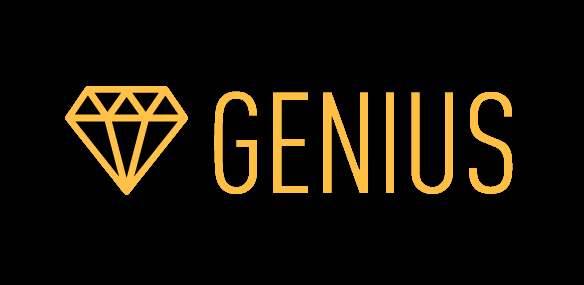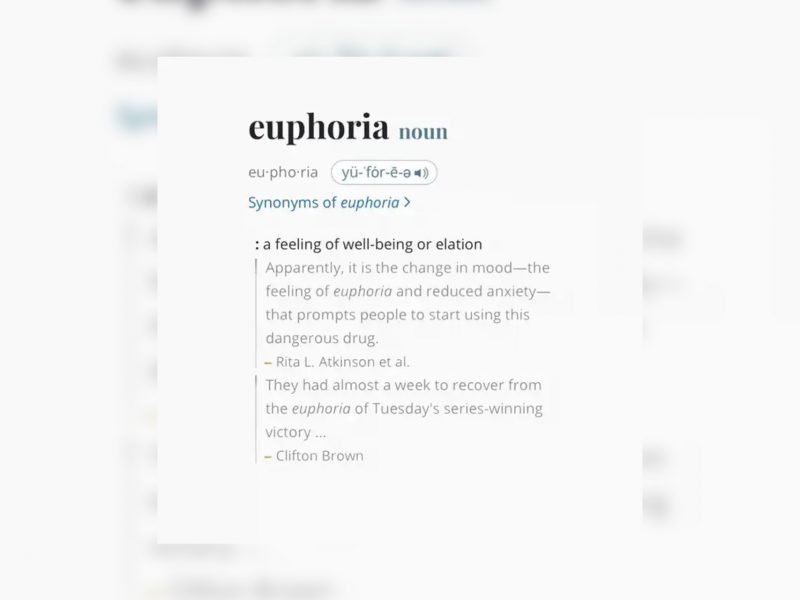In the spring of 2015, I was lucky enough to see performance artist Taylor Mac perform live — but the biggest treat was the opportunity to participate in a Q&A with Mac later that day.
I asked him: “What if someone takes a different meaning from your performance than you want?”
Mac’s response?
“That’s wonderful.”
Telling people how to interpret art stifles creative thinking and restricts critical analysis of artistic works; it’s foolish to act like there’s a simple explanation for a project an artist may have spent months or years working on.
Therein lies the problem with Genius, formerly Rap Genius, a lyric breakdown site that is now the internet’s one-stop shop for analysis of lyrics for any genre of music.
On the surface, Genius is an excellent idea, especially for songs featuring rap vocals. This word-heavy delivery style can leave listeners in the dust as they try to process the bars (see Twista or Busta Rhymes). A read-along with some analysis would be undoubtedly helpful.
Additionally, it is impossible not to smile when you see analysis of lyrics from Young Thug and Desiigner that often start with “Young Thug has so much money that…” or “Desiigner has sex with so many women that…” and other humorous bits of wordplay.
But the site has several flaws, including the inherent question: Do we need someone else telling us how to interpret artistic forms of expression? If art could be broken down to a universally understood meaning, then what’s the point? Art should spark debate and discussion — it shouldn’t leave everyone blankly nodding in agreement with one person’s interpretation.
Similar to Wikipedia, the public can edit the interpretations most of the songs on the site, and the explanations are chosen based on an up-vote system. This system can be effective, like the explanation that “Ms. Jackson” was about André 3000’s falling out with Erykah Badu.
It is one thing if the site is giving the reader proven information about a song’s origin or helpful context about the artist. But it is wrong to tell someone what the chorus to Jimi Hendrix’s “Bold As Love” means, or what Simon and Garfunkel wanted to convey in the song “I Am a Rock.”
Art — and especially music — thrives on discourse and the exchange of ideas and perspectives. It brings about empathy for different viewpoints and teaches us that there are many ways to look at one situation. Allowing people to simply Google “what is ‘Hotel California’ about” is not moving us forward. While the Eagles have come out and explained that the song is about excess and commercialism, why does that have to be what we take from the music?
There is no correct interpretation of art — that’s the whole point. Why, then, do we flock to Genius after the latest release so the site can tell us the meaning? While the crowd-sourced method of musical analysis and the artist’s annotations of their own music may seem like the best way to find a concrete meaning behind our favorite songs, Genius has a chilling effect on musical discussion.



